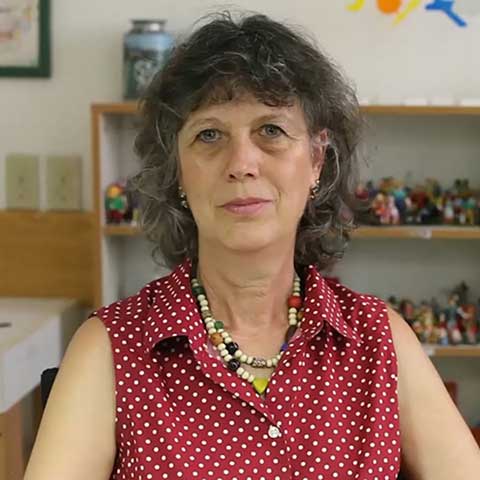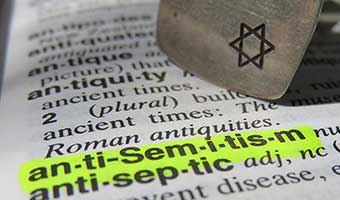
What do you tell children in the aftermath of terrifying violence like we Americans just witnessed in the Squirrel Hill synagogue in Pittsburgh? What red flags must we be alert to in our children? How do we fortify ourselves so we can guide our children toward a return to normal life?
World-renowned psychiatrist, Prof. Esti Galili-Weisstub, head of the Herman Dana Division of Child and Adolescent Psychiatry at the Hadassah Medical Organization, has traveled to countless cities--from Berlin to Kiev to Las Vegas--to share her expertise in helping 800 children overcome the post-traumatic stress they experienced as victims of terror and other tragic events in Israel.
Why the outreach? “We feel an obligation to victims everywhere in the world,” she says.
Israel, Dr. Galili-Weisstub brings out, is sadly used to terror. Israelis know it is part of their reality, and so they are not shocked when it occurs. For Americans, the Pittsburgh massacre was “a thunderstorm on a totally sunny day.”
Projecting an optimistic note, despite all the post traumatic stress disorder she deals with regularly, Dr. Galili-Weisstub says, “A psyche is built for regeneration and recovery. We have the strength to continue.”
Listen to Prof. Galili-Weisstub’s inspiring, concrete advice for tailoring therapy to each family’s personal situation in order to best help children in the aftermath of terror.








